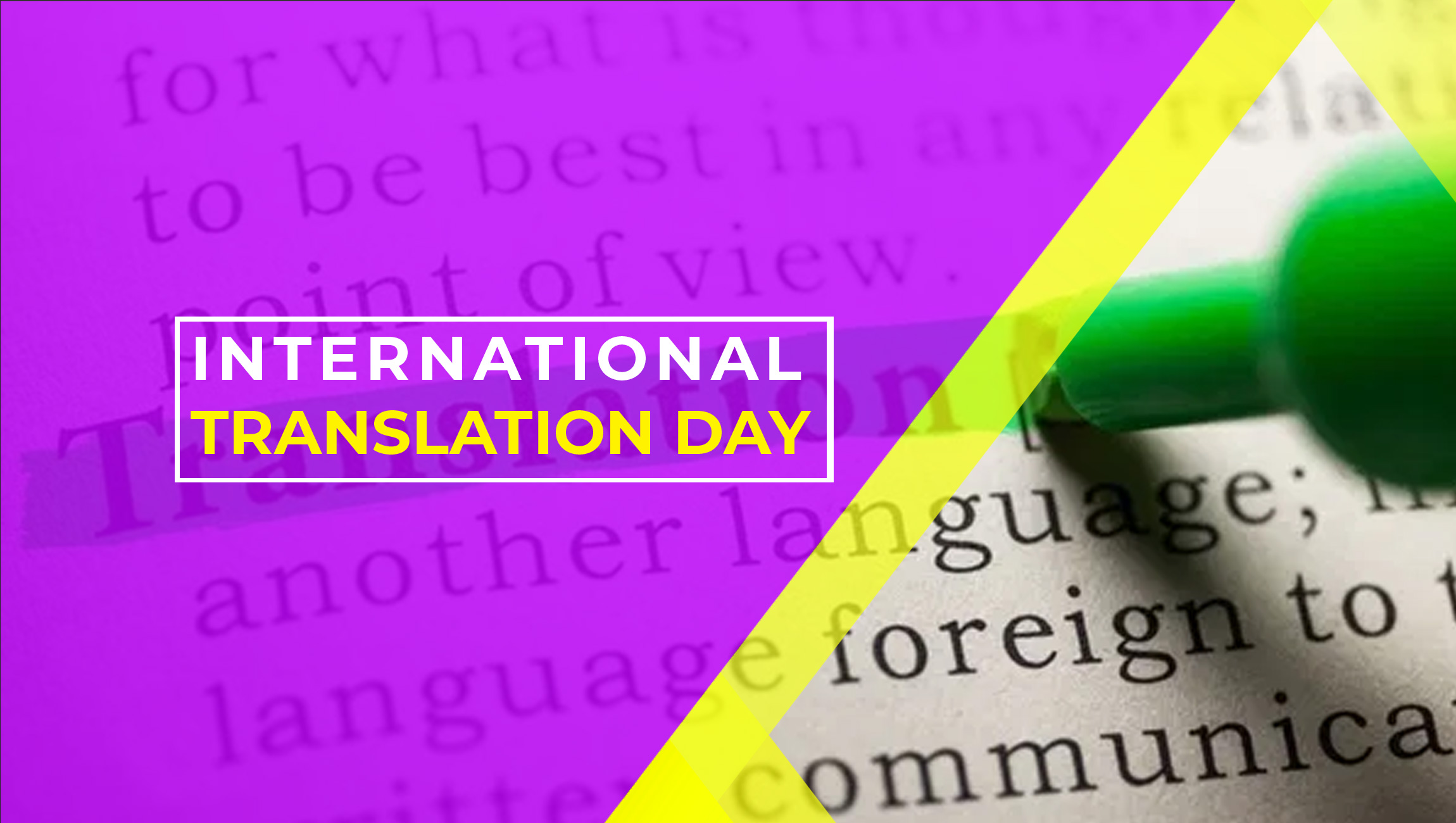Held every 30th of September, International Translation Day was first established in 1991 by the Fédération Internationale des Traducteurs (International Federation of Translators). FIT is an international conglomeration of associations that represents translators, interpreters, and terminologists worldwide.
FIT specifically chose September 30 as it is the same day that the feast of St. Jerome is celebrated worldwide. St. Jerome is actually a revered figure in translation studies and in the industry as he was the first person who translated the original Hebrew & Greek Bible into Latin. With our history and experience in rendering translation services for thousands of clients, we at Tomedes are thrilled to be celebrating International Translation Day.
But you don’t need to be a translator, interpreter, or any language specialist to celebrate and to be a part of International Translation Day. Through social media, you can promote the event on Facebook, Twitter, Instagram, etc. Spread the message to your friends, family, and everyone else so that we can all be a part of International Translation Day!
Read More: Survival of the Fittest: 6 Ways Businesses Can Ethically Adapt
Themes in International Translation Day
Every year, FIT declares different themes to celebrate. To name a few, the theme in 2018 was cultural heritage and in 2017, the theme was translation and diversity. This year’s theme is indigenous languages.
The UN declared that 2019 International Year of Indigenous Languages “The ongoing loss of indigenous languages is particularly devastating, as the complex knowledges and cultures they foster are increasingly being recognized as strategic resources for good governance, peacebuilding, reconciliation, and sustainable development”.
Top Culprits Endangering Indigenous Language
Many indigenous cultures do not have a written history and instead, pass down their languages orally as they have done for hundreds to thousands of years. Sadly, it is this tradition that complicates language preservation efforts.
Read More: ITP2.1 and the Future of Data as We Know It
Furthermore, later generations prefer to teach their children the national language in order for them to integrate successfully into modern society. In many indigenous cultures and societies, it is mostly the older generation that can still speak their native tongue.
However, bigger and more potent threats such as globalization, cultural hegemony, encroachment, and even climate change threaten the survival of indigenous languages and hasten their extinction.
How Can the Translation Industry Play a Greater Role in Preserving Indigenous Languages?
Since time immemroial, translators have been critical agents in preserving human history as proven by St. Jerome and all the translators of antiquity and today. In honor of this year’s theme, we can utilize our language skills and employ the technological advancements of our time to preserve indigenous languages and protect marginalized cultures.
In coordination with educational institutions, we can incorporate innovative translation technologies to help preserve indigenous languages by archiving their lexicon, prescriptive rules, various audio recordings, and everything else that make up a language.
By utilizing the best in what human translation and innovative translation technologies can give, we can hasten the conduct and quality of language preservation efforts. We can also ensure that there are enough resources for current and future speakers to keep languages alive.
How Can an Individual Contribute to Language Preservation Efforts?: Conclusion
Everyone can play a part in language preservation efforts. You can celebrate this year’s International Translation Day by not only promoting it on social media but to also support and to even be a part of language preservation efforts.
You can do research on indigenous communities that live within your country, understand their language, culture, way of life, and raise awareness in your own way. We at Tomedes recognize that International Translation Day is about all of us and how it reminds ourselves that every language that has come into being is a part of human history and that alone is worth celebrating and preserving.
Read More: How the Chicken Wars Showed Us Video Asset Management Is Nothing to Squawk At











